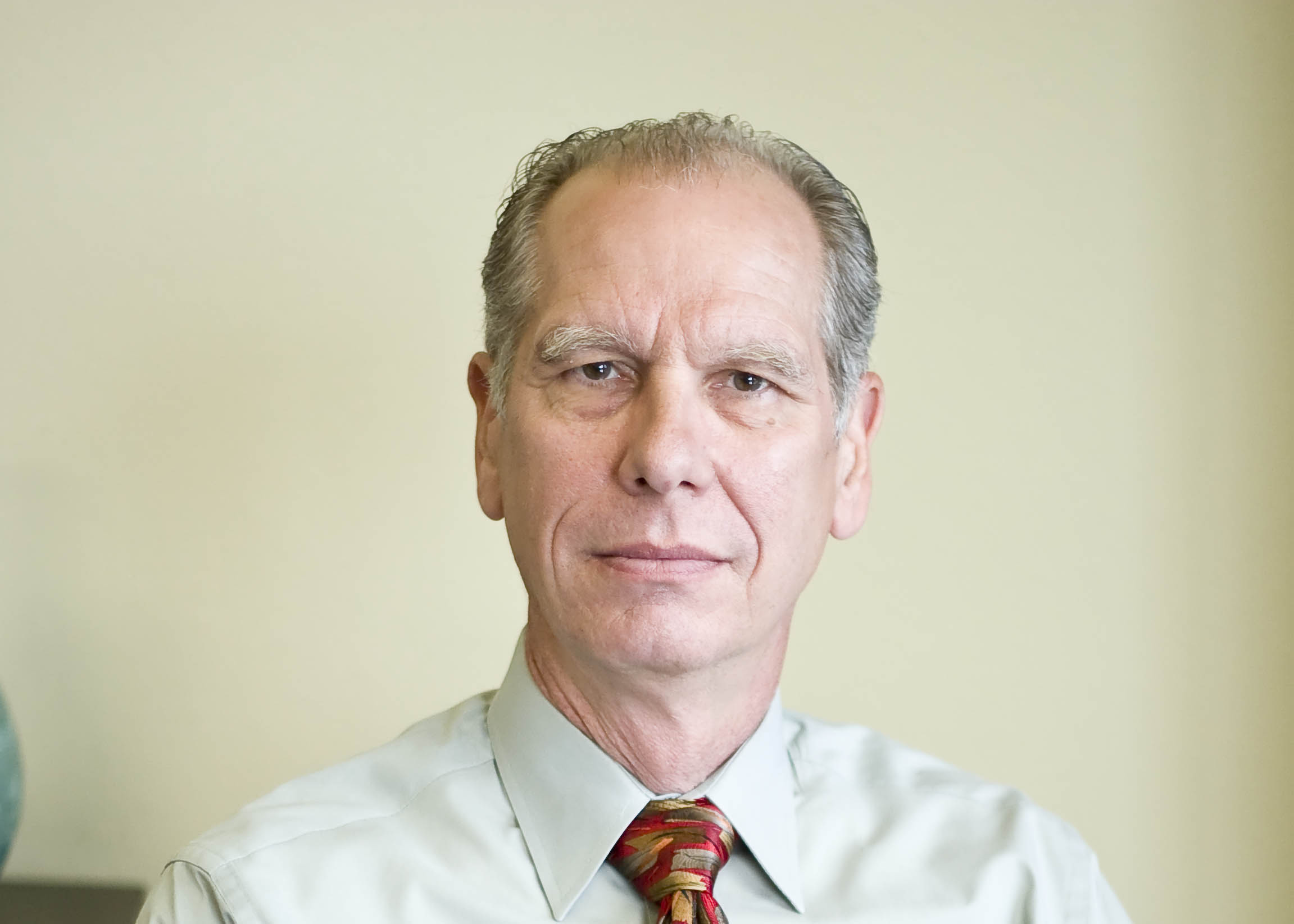In a move that will bring sweeping changes for the school, Biola’s chief academic officer, Provost Gary Miller, announced earlier this month that he will resign effective June 30, 2009.
Miller has served in senior administration for the past 13 years, serving as provost for the last 10. In that position, he was responsible for the hiring of more than half of the current faculty, overseeing the multimillion-dollar budget and operating as second-in-command behind the university president.
As for why he will resign, Miller shied away from specifics.
“It was God’s timing,” Miller said, and “it allows Biola to look freshly into the future.” As for what he’ll be doing come July 1, the provost says he has “no concrete plans.”
His time at Biola was marked by major growth in the breadth of academic programs. During his tenure, Miller oversaw the development of the M.B.A. degree, the Institute for Spiritual Formation, the master of arts in organizational leadership degree, the School of Education and extension sites for graduate programs in New York, Ukraine, Lithuania and Thailand. He also led the school in establishing the office of diversity leadership, which seeks to recruit faculty from underrepresented minority groups.
He has been noted for his close interaction with students. Miller was known to spend a week at a time living in the dorms with undergrads, spending time with men from Hope in fall 2005 and most recently in Horton Hall. The most memorable time during the recent stint, he recalled, was when residents took him ice blocking.
“It’s not common for a provost to interact with students like that,” said President Barry Corey in an interview. “It’s a testimony to his incarnational leadership.”
Miller, a disciplined runner, has also gone on runs with the cross country team, played with the Symphonic Winds and frequents the art gallery.
THE PROVOST OFFICE IN FLUX
Miller’s role had been largely restructured within the past year as Corey created a President’s Administrative Council (PAC). Under former President Clyde Cook’s leadership, the provost, as senior vice president, and three other vice presidents formed senior leadership.
As that team expanded to a seven-member body under Corey, Miller’s oversight of student development was handed to Chris Grace, vice president for student development and university planning. Miller’s role became focused solely on administrating Biola’s academic programs.
“Student development needed its own voice at the table,” Corey explained. “It was a significant change.”
But as Miller leaves, Corey said the administration is still in the process of redrafting the role of provost to have more of an influence in the PAC. The adjusted position, he said, will likely emphasize the role of senior vice president.
HIS ROLE IN HIGHER EDUCATION
Miller’s influence stretched beyond the walls of Biola. In his provost role, he chaired the re-accreditation steering committee and worked to make accreditation visits at other schools with the Western Association of Schools and Colleges.
In that capacity, he spent time with leaders from other institutions, many of whom were not Christians. During that time, he said, he had an opportunity to be a witness to these colleagues through his lifestyle. Often, when he didn’t have a chance to verbally share the gospel with them, he tried to show his faith through actions — in his commitment to quality work and showing respect for others on the team.
“Light doesn’t have to shout,” he said. “It shines.”
THE NEXT STEP
For the first time in Biola’s history, Corey will be seeking a provost candidate through an extensive, off-campus search process that won’t produce a candidate until 2010. This is unprecedented; provost appointments in the past were made from among current administrators.
Corey said he will work with the Council of Instructional Deans and other campus representatives – including a student representative – to begin the search for the next provost.
“We’re in no hurry to get a quick appointee,” Corey said, noting that the search would be an “enriching and empowering work for the community.”
In a memo, Corey described the future provost as someone “who is teeming with ideas of how to move Biola to the next level of academic leadership and excellence in Christian higher education.”
FINAL WORDS
In reflecting on his years as the highest-ranking academic administrator at Biola, Miller says he will miss the university, the interactions with students, and especially the people with whom he’s built lifelong relationships.
“I’ll miss Biola’s mission and vision,” he added.
Corey said the university community will have opportunities to thank Miller for his service to the school in the remaining two months before he finishes his term.







